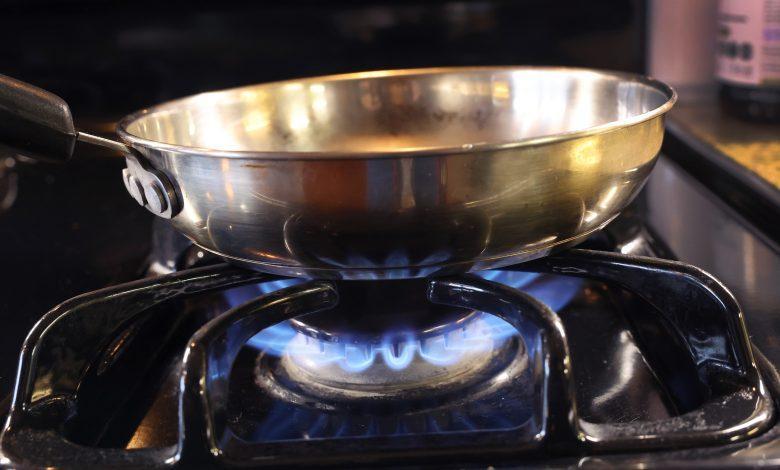Africa-Press – Tanzania. THE government is stepping up efforts to make clean cooking energy more affordable and accessible across the nation, primarily through a robust programme of subsidies on gas cylinders and stoves, coupled with strategic partnerships with the private sector.
Deputy Minister for Energy, Judith Kapinga, said in the National Assembly yesterday that the government is providing subsidies of up to 50 per cent on gas cylinders and stoves to mitigate the high initial costs of the items, a significant barrier to widespread adoption.
“A subsidy of between 40 and 50 per cent for gas cylinders has been specifically provided for rural areas,” Kapinga explained, while responding to a supplementary question from Special Seats Member of Parliament, Anatropia Theonest.
“Currently, it’s a subsidy aimed at increasing usage for first-time users by reducing their purchase costs,” she said.
Ms Theonest had inquired about government plans to subsidise clean cooking solutions and introduce price guidelines for the items.
The deputy minister said the government’s strategy prioritises subsidies and marketbased approaches over direct price controls to enhance affordability and accessibility.
This aggressive push is integral to Tanzania’s ambitious National Clean Cooking Energy Strategy 2024-2034, which aims for 80 per cent of Tanzanians to use clean cooking energy by 2034.
Kapinga elaborated that the government is providing subsidies directly to gas processing companies to help stabilise prices.
Additionally, it offers a 50 per cent subsidy on gas stoves, with consumers covering the remaining half.
The strategy includes a massive distribution programme for subsidised gas cylinders.
For instance, a total of 452,445 subsidised LPG gas cylinders are planned for distribution, with 154,224 already reaching end-users by April 2025.
Urban centres, including Dar es Salaam, are benefiting from a 20 per cent subsidy on gas cylinder purchases. Earlier, responding to a basic question from Grace Tendega (Special Seats, Chadema) regarding shortterm strategies for rural clean cooking, Deputy Minister Kapinga said the government is making significant strides in its National Clean Cooking Energy Strategy 2024-2034.
A key part of this initiative involves subsidising LPG gas cylinders for end-users, with subsidies ranging from 20 per cent to 50 per cent on approximately 452,445 cylinders, she said.
Ms Kapinga further said beyond LPG, the government, through the Rural Energy Agency (REA), plans to distribute 200,000 improved cookstoves at discounts of up to 75 per cent.
This comprehensive approach also extends to facilitating the installation of clean cooking energy systems in public institutions serving more than 100 people.
Furthermore, a significant milestone has been achieved with the successful electrification of all villages across the country.
Leveraging this expanded electricity access, the government is actively promoting the use of electric cooking stoves, particularly in rural areas, she said.
“This is a crucial step towards promoting clean cooking energy and reducing reliance on traditional fuels like firewood and charcoal,” Ms Kapinga said.
For More News And Analysis About Tanzania Follow Africa-Press







